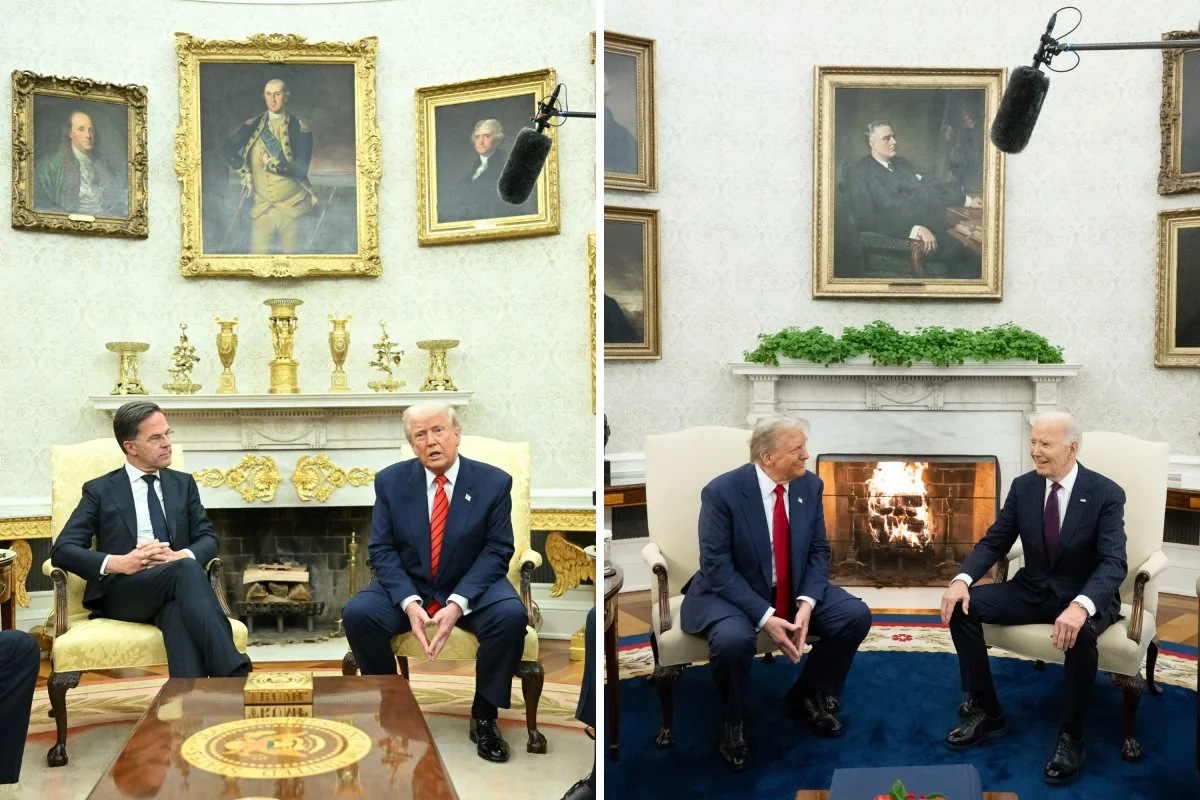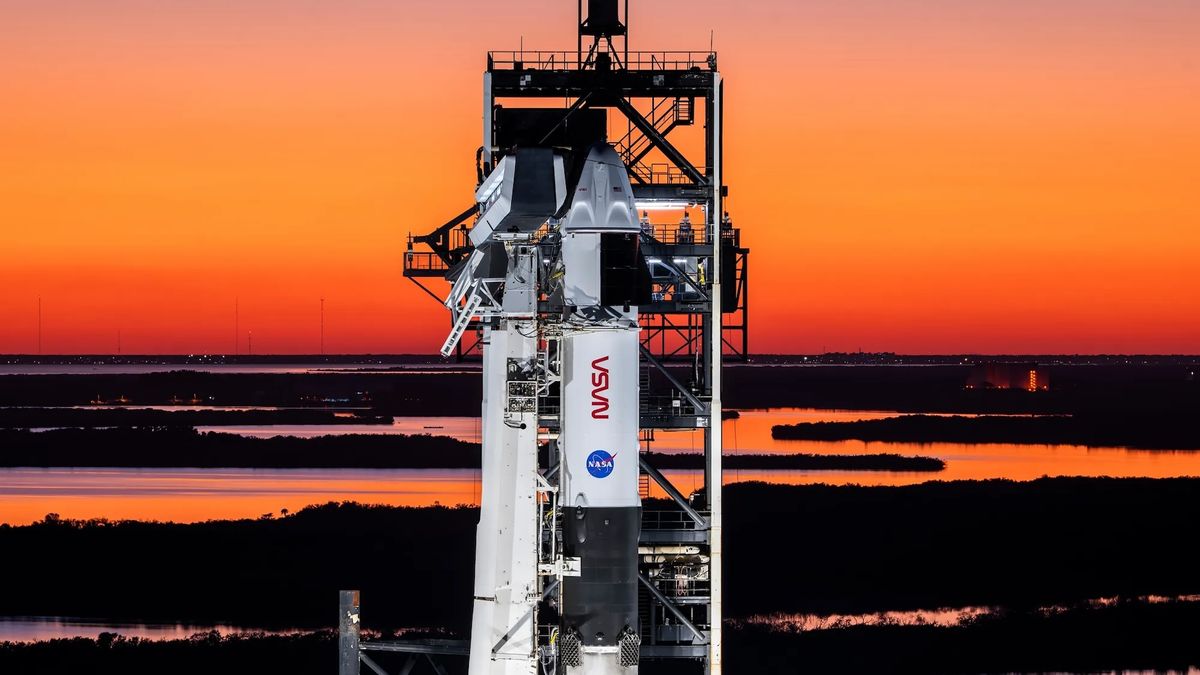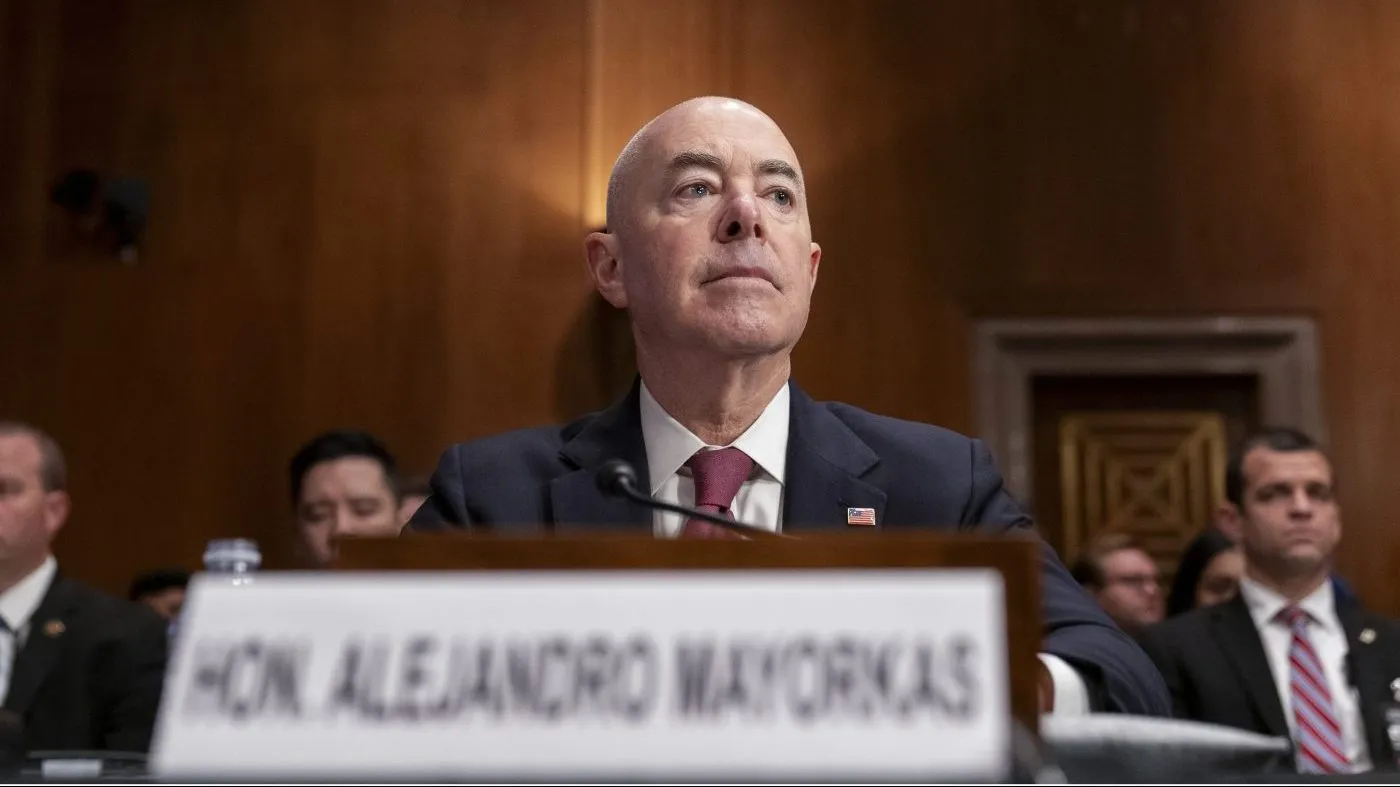On January 8th, significant historical events unfolded throughout the years. From the milestone granting African American men the right to vote in Washington, D.C., to the unique moment in 1835 when the U.S. national debt hit zero, each occurrence has left a lasting impact. Join us as we revisit these historical events and their implications.
Table of Contents: of 5 Historic Milestones on January 8th
African American Men Secure Voting Rights in Washington, D.C.
On January 8th, 1867, a pivotal moment occurred in the District of Columbia as African American men gained the right to vote, despite the veto from President Andrew Johnson. The Republican-controlled Senate prevailed with a 29-10 vote, setting the stage for broader voting rights reforms three years later. Despite having the power to vote locally, citizens in D.C. lacked representation in Congress and had no voice in presidential elections. The veto, driven by Johnson’s prioritization of reconciliation with the former Confederacy over racial equality, marked a significant chapter in the ongoing struggle for civil rights.
U.S. National Debt Hits Zero under President Andrew Jackson:
In 1835, President Andrew Jackson achieved a historic milestone by eliminating the entire U.S. national debt. Jackson’s personal aversion to debt, rooted in a challenging land deal during his speculative days, culminated in the elimination of the debt through strategic fiscal policies. However, this triumph had unforeseen consequences, including a real estate bubble and the subsequent Panic of 1837, leading to a resurgence of debt that persists to this day.
Mona Lisa Exhibited in Washington:

The art world experienced a historic moment on January 8th when Leonardo da Vinci’s masterpiece, the Mona Lisa, was exhibited in America at the National Gallery of Art in Washington, D.C. Over 2,000 dignitaries, including President John F. Kennedy, attended the exhibition. The painting’s mysterious allure captivated the public, attracting an estimated 500,000 visitors during its three-week display in Washington and another million at the Metropolitan Museum of Art in New York City.
No Child Left Behind Act Signed into Law:
On January 8, 2002, President George W. Bush enacted the No Child Left Behind Act, initiating a substantial overhaul of the nation’s education system. Despite initially garnering bipartisan approval, the act encountered criticism over time, particularly regarding issues such as standardized testing and punitive actions against underperforming schools. Ultimately, the Every Student Succeeds Act replaced NCLB in 2015. The No Child Left Behind Act is now remembered as a controversial experiment in the realm of education reform.
Astronomer Galileo died in Italy
On January 8th, the world commemorates the passing of Italian astronomer Galileo Galilei at the age of 77. Celebrated as the “father of modern astronomy,” Galileo’s revolutionary findings, such as the identification of Jupiter’s moons and revelations about solar rotation, significantly altered our comprehension of the universe. Despite encountering charges of heresy due to his advocacy for the Copernican system, Galileo’s contributions persist as foundational to the advancement of scientific knowledge.
Conclusion:
These January 8th milestones, spanning voting rights, fiscal policies, art, education, and science, underscore the diverse tapestry of history and its enduring impact on society.
Stay tuned for more exciting stories and subscribe to the USA Mirror newsletter to stay updated.
Thank you so much for reading. We appreciate you valuable time.




